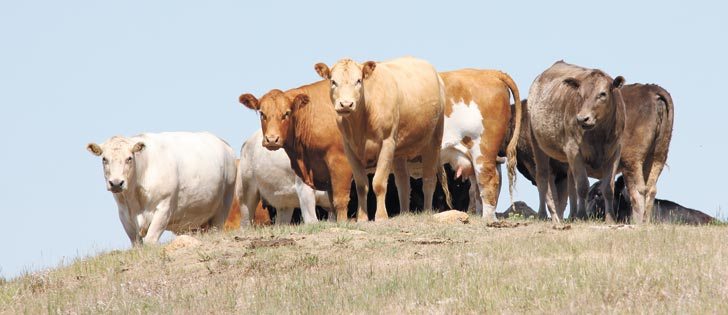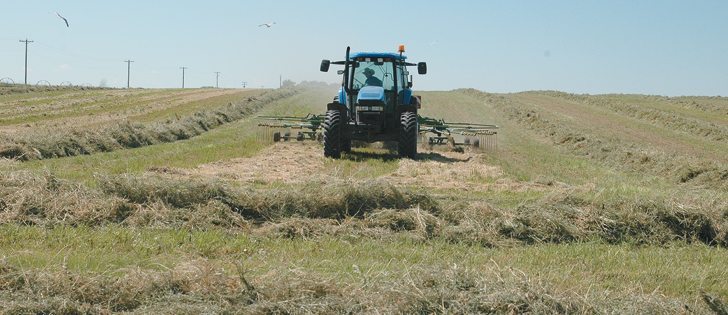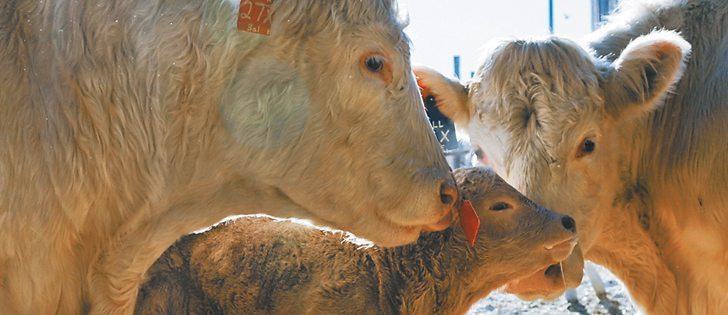Electronic cattle sales are not new, but a new web-based concept is offering more security and a broader connection for buyers and sellers across North America.
AgriClear was launched June 16 and operates through the TMX Group Ltd., which runs Canada’s main stock exchange.
Registered participants can view pictures and video, make offers, seal the deal and arrange delivery.
“I don’t think it is any less of an effort than what a company like Amazon has done for the retail market,” said Lou Eccleston, chief executive officer of the TMX Group.
Read Also

Critical growing season is ahead for soybeans
What the weather turns out to be in the United States is going to have a significant impact on Canadian producers’ prices
The platform was announced at the Alberta Livestock and Meat Agency meeting in Calgary June 16.
TMX Group’s businesses operate cash and derivative markets, including the Toronto Stock Exchange, the TSX Venture Exchange, the Montreal Exchange and NGX, which provides electronic trading, central counterparty clearing and data services to North American natural gas and electricity markets.
Sellers set the price and negotiate terms and conditions such as cattle descriptions, shrink, trucking and delivery. Buyers deposit funds in trust with AgriClear before shipment.
“This is all about environments and changing people’s perceptions of being a price taker and a price maker,” said AgriClear president Dave Moss in an interview.
“You are in complete control of your marketing.”
AgriClear is backed up with a 45-member advisory committee representing all parts of the industry, including cow-calf, backgrounders, feedlots, order buyers, dealers and bankers.
Moss does not believe his service will put auctions and order buyers out of business.
“There is a big role that order buyers and dealers can play in this space,” he said.
Producers with smaller lots who cannot fill a truck may work with a dealer who can aggregate small groups of similar types of cattle to fill an order.
The market analysis firms Canfax and Cattlefax are providing pricing data so that people listing their cattle know the value of what is currently listed in their area.
A seller negotiates with one buyer at a time rather than creating a bidding war.
“This is not a bidding thing. It is a negotiation,” said Moss.
The seller can end the negotiation if it is not working and look elsewhere for a buyer.
Moss expects that feeder cattle will be the initial market, although the service also offers opportunities for those looking to sell cow-calf pairs and purebreds.
Transaction costs are low. Rather than paying commissions and fees, buyers and sellers pay $6 per animal traded. The system will also deduct checkoffs.
Funds are guaranteed through a $10 million backstop, which is much higher than the bonds that livestock dealers and auctions typically carry to ensure people are paid.
As well, the system can ensure that lenders get paid if there are liens on cattle through banks or feeder associations.
For more information, visit www.AgriClear.com.
Contact barbara.duckworth@producer.com


















